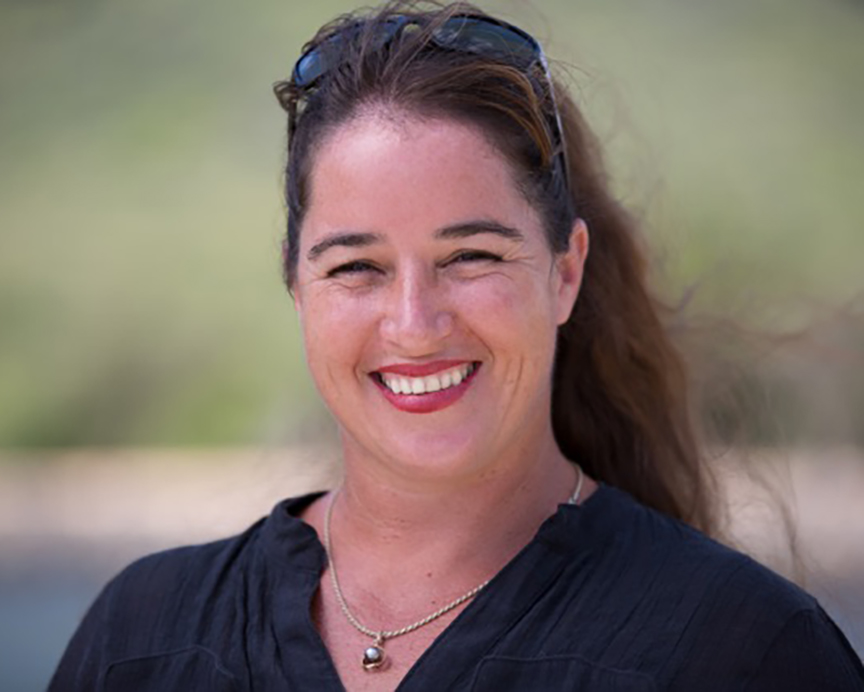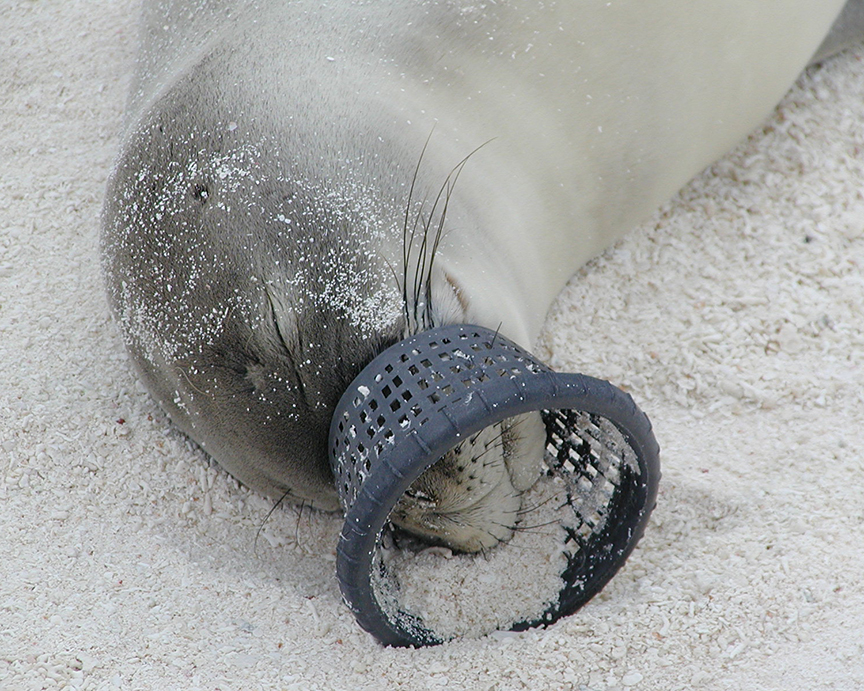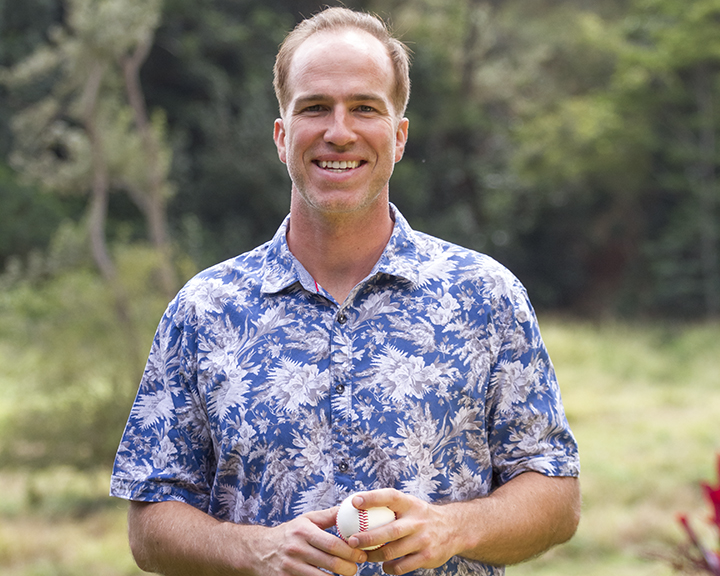By Léo Azambuja

Donkey Beach on Kaua‘i’s Eastside.
How much are you craving social interaction? We have some of it back, but not nearly at the pre-pandemic levels. And the possibility of us going back to a curfew and lockdown is not far-fetched — COVID-19 is just waiting for a chance to come back full force to Kaua‘i.
Even with contagion numbers low, we are still supposed to keep practicing social distancing and hygiene habits to avoid contamination. Many of us are also taking health supplements to boost our immune system as much as possible in case we get infected.
But how is our social health?
Social health is our ability to construct meaningful interpersonal relationships and interact with other people in healthy, positive ways. It includes our ability to adapt and act appropriately in different social environments and settings, to connect with others and experience a sense of belonging in a community.
The Centers for Disease Control defines social determinants of health as “life-enhancing resources, such as food supply, housing, economic and social relationships, transportation, education, and health care, whose distribution across populations effectively determines length and quality of life.”
There it is, recognized by the CDC, “social relationships.”
The healthcare design studio GoInvo developed a complex graphic, mapping health determinants, based on data from the World Health Organization and the Kaiser Family Foundation, as well as face-to-face interviews with public policy analysts, health IT experts and clinical professionals. About 24 percent of those health determinants turned out to be social circumstances, second only to individual behavior, which scored 36 percent. Genetics and biology came in third with 22 percent, and medical care in fourth with 11 percent. Physical environment scored last, with 7 percent.
This tell us that what we do and how we interact with others is responsible for 60 percent of our health. Given the circumstances, I do think Kaua‘i is doing well regarding personal choices and social health. While we have been largely avoiding social interaction, many of us found ways to cope with this loss of direct connection with others.
Online classes and outdoor activities increased exponentially, especially during the lockdown and nighttime curfew. The Kapa‘a bike path was the busiest I have ever seen during those times. Surf spots around the island got overcrowded all of a sudden. Without the choice to go out at night or have a beer with our friends — or without a job — many of us opted to get healthy by exercising outdoors.
This surge in outdoor activities was in my opinion a really healthy way of counterbalancing our need for social interaction — and it even provided some level of interaction just by being outside and seeing others do the same.
GoInvo’s “social circumstances” slice of the pie breaks down into several portions, and some of them have to do with work, social status, occupation, and individual and family income. And we all know how the pandemic has affected us financially. Although I believe the government has done a good job by boosting unemployment, providing help to independent contractors and distributing a financial stimulus, there’s a long road ahead until the end of the pandemic. And the length of this road relies heavily on an uncertainty; when or whether a vaccine is available.
Back in April, the state Department of Health conducted a survey on Kaua‘i’s households to see how we were holding up during this crisis.
“Most Kaua‘i households seem to be weathering the pandemic moderately well, with 60 percent reporting a low stress level. However, 34 percent reported a medium level of stress and 5 percent reported their stress level as high,” Mayor Derek Kawakami said in his address to the community June 22.
Kawakami also said that according to the report, “more than half of participating Kaua‘i households had at least one person living in their home who has lost their job as a result of the pandemic. A third were very concerned or somewhat concerned about their ability to pay the following month’s rent or mortgage.”
These concerns, Kawakami said, will become more serious when state and federal assistance programs end.
The future is uncertain. We don’t know when — or even if — a vaccine against COVID-19 will be available. We don’t know how long the government will be able to keep helping us financially. We don’t even know how many of us will make out of this pandemic alive.
But we do know we can control our individual behavior and work on our social health even if we have to stay physically apart from each other. That is more than half the fight. It’s a fight we can win as a community. Together.
Discover more from ForKauaiOnline
Subscribe to get the latest posts sent to your email.





Leave a Reply